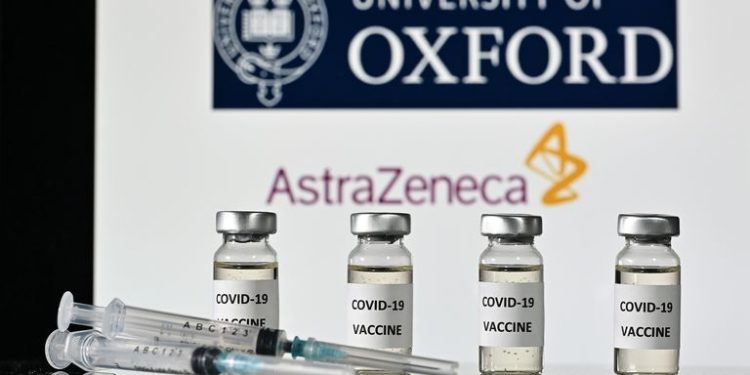London: The coronavirus vaccine developed by teams at the University of Oxford has shown some promising results also. The coronavirus vaccine has been shown to trigger a robust immune response in healthy adults aged 56-69. It has also shown positive results for those over 70 years of age.
The findings have been published Thursday in ‘Lancet’. The results are based on 560 healthy adult volunteers. They show that the ChAdOx1 nCoV-19 vaccine is ‘safe and well tolerated’. The vaccine has a lower ‘reactogenicity’ profile in older adults than in younger adults. It means the older age groups could build immunity to the disease.
“These findings are encouraging because older individuals are at disproportionate risk of severe COVID-19. So any vaccine adopted for use against SARS-CoV-2 [COVID-19] must be effective in older adults,” the researchers noted.
The team is also testing whether the vaccine stops people developing COVID-19 in larger Phase 3 trials. The early results from this crucial stage are expected in the coming weeks.
“We were pleased to see that our vaccine is well tolerated in older adults. It also stimulated similar immune responses to those seen in younger volunteers,” said Dr Maheshi Ramasamy. She is an investigator at the Oxford Vaccine Group. “The next step will be to see if this translates into protection from the disease itself,” she added.
The latest development means there are now four promising vaccines on the horizon. This is after Pfizer-BioNTech, Sputnik and Moderna already reporting good preliminary data from Phase 3 trials.
The UK has already ordered 100 million doses of the Oxford vaccine, being manufactured by pharma major ‘AstraZeneca’. The vaccine also has a tie-up with the Serum Institute of India.
Professor Andrew Pollard, the head of Oxford’s vaccine trial team, said he is ‘absolutely delighted’ with the latest results.
Crucially, the study also found no ‘suspected unexpected serious adverse reactions’ during this stage of the trial. The 560 healthy adult volunteers who took part in the phase two trials were given two doses of the vaccine candidate, or a placebo.
“Inducing robust immune responses in older adults has been a long-standing challenge in human vaccine research,” said Dr Angela Minassian. She is an investigator at the University of Oxford and honorary consultant in infectious diseases.
“To show this vaccine technology is able to induce these responses, in the age group most at risk from severe COVID-19 disease, offers hope. It effectively proves that vaccine efficacy will be similar in younger and older adults,” stated Minassian.
“The outcomes reported at this stage of the study include the safety of the vaccine and the immune responses of participants in different age groups following vaccination. It is important to assess how well the vaccine works in older people. This is because these age groups are more severely affected by COVID-19 disease,” the study noted.
“Sometimes vaccines are less effective in older people. So it is important to find out at an early stage how well the immune system responds to the vaccine in those over the age of 55,” it added.
Antibodies play an important role in the immune response to viruses. The latest trial assessed both the quantity and quality of antibody found in participant blood samples.







































